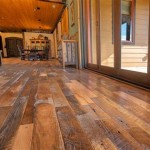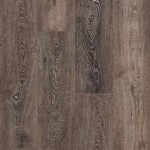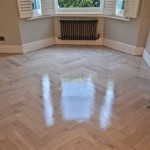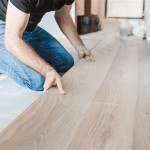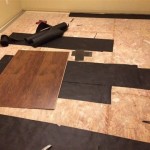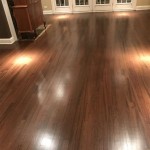Is Cork Flooring Good for a Basement?
Cork flooring is a natural and sustainable flooring option that offers many benefits for basements, which are prone to moisture and temperature fluctuations. Here are some essential aspects to consider when evaluating the suitability of cork flooring for your basement:
Moisture Resistance
Cork is naturally waterproof and does not absorb moisture, making it an excellent choice for basements, which are often exposed to moisture from flooding, leaks, or high humidity. Unlike other flooring materials that can warp or buckle when exposed to moisture, cork remains stable and intact, ensuring its durability in humid environments.
Thermal Insulation
Cork is a natural insulator, which helps regulate temperature and reduce energy costs in basements. Its cellular structure traps air, providing thermal resistance that keeps the basement warmer in winter and cooler in summer. This insulation can also help reduce noise levels, making the basement a more comfortable living space.
Mold and Mildew Resistance
Cork's waterproof and antimicrobial properties make it resistant to mold and mildew growth, which can be common problems in basements due to moisture and poor ventilation. Its surface is naturally resistant to the development of mold spores, ensuring a healthy and hygienic environment.
Durability and Longevity
Cork flooring is renowned for its durability and can withstand heavy foot traffic and wear and tear. Its resilient nature allows it to bounce back from impacts, preventing dents or scratches. Properly maintained cork flooring can last for decades, providing a long-lasting and cost-effective flooring solution for basements.
Comfort
Cork flooring is soft and comfortable underfoot, making it ideal for basements that are used as living or play areas. Its natural cushioning effect helps reduce joint pain and fatigue, creating a more comfortable space for extended periods of time.
Environmental Sustainability
Cork flooring is an environmentally friendly choice, as it is made from the bark of cork oak trees, which are harvested without harming the trees. Cork is a renewable and biodegradable material that does not contribute to deforestation or environmental degradation.
Installation and Maintenance
Cork flooring is relatively easy to install, but it is important to ensure proper preparation and subfloor moisture control. Regular maintenance involves sweeping, vacuuming, and occasional mopping with a mild cleaner. Avoid using harsh detergents or steam cleaners, as they can damage the cork's finish.
Conclusion
Cork flooring is an excellent choice for basements due to its moisture resistance, thermal insulation, mold resistance, durability, comfort, and environmental sustainability. Its unique properties make it a suitable flooring solution for basements that require protection from moisture, temperature fluctuations, and microbial growth. Proper installation and maintenance will ensure the longevity and performance of cork flooring in your basement, providing a comfortable and stylish living space.

Basement Cork Flooring Pros Cons Best Brands Home

How I Saved Over 700 On Cork Flooring For The Basement

White Bamboo 1 2 Inch 12mm Cork Floating Flooring

Best Basement Flooring The Warmest Floor Covering Is Cork

7 Reasons You Should Consider Cork Flooring For Basements

Cork Flooring In Basements

Cork Flooring Pros And Cons Is It The Right Choice For You

How I Saved Over 700 On Cork Flooring For The Basement

How To Choose Basement Flooring Smart Tips

Basement Renovations With Cork Flooring Cancork
See Also
